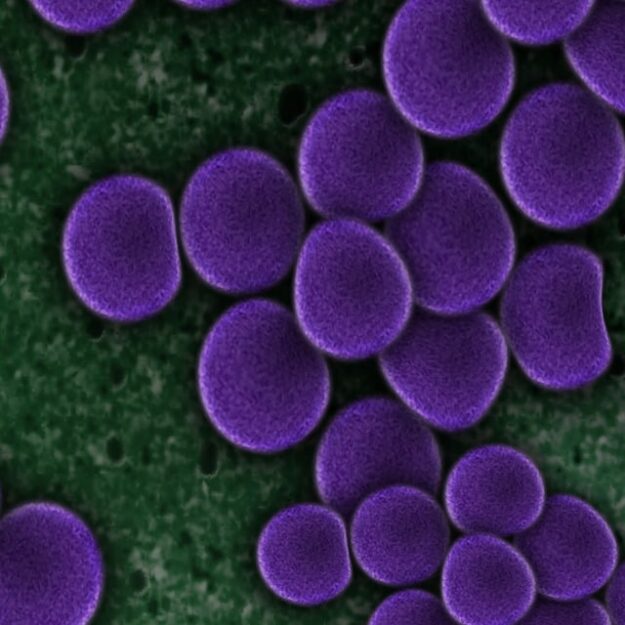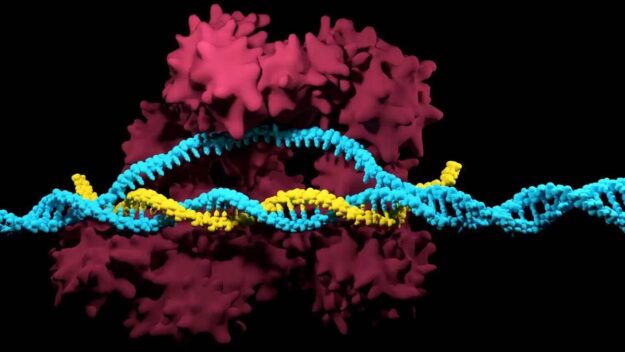The role of leptin and ghrelin in the regulation of food intake and body weight in humans: a review
The role of leptin and ghrelin in the regulation of food intake and body weight in humans: a review Summary Leptin and ghrelin are two hormones that have been recognized to have a major influence on energy balance. Leptin is a mediator of long-term regulation of energy balance, suppressing food intake and thereby inducing…













